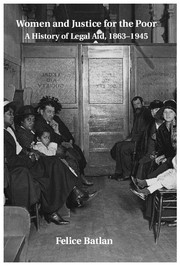Book contents
Introduction
Published online by Cambridge University Press: 05 May 2015
Summary
This book began in New Orleans amid the debris and destruction of Hurricane Katrina. In 2005, when the storm struck, I was living in New Orleans and teaching at Tulane University. The weeks after the storm were a confusing jumble of friends' couches, searches for clothing, and a growing sense that this would not end soon and that I would need to occupy my time until the university reopened. Doing something in New Orleans seemed better than passively watching the continuing disaster on CNN, so I moved back into my damaged but still standing home. As someone actually living in New Orleans when much of the city was unoccupied and in ruins, I received constant calls from acquaintances, friends, and friends of friends who were unable to return to the city. People needed help with insurance forms and mortgages, with locating relatives, procuring housing, finding documents, and, above all else, dealing with the Federal Emergency Management Agency (FEMA) and its arbitrary and changing policies and procedures. In the wake of such an enormous catastrophe and the haphazard response by the government, many people needed a witness and advocate on the ground.
FEMA established a series of disaster recovery centers in and around New Orleans that were intended to function as “supermarkets” for hurricane aid. In these centers, victims could apply for FEMA benefits; procure information on repairing a roof; speak to the Army Corps of Engineers; receive a disaster tax rebate; find a Bible, a hot meal, a friendly ear. In theory, the centers were an excellent idea; in practice, they resulted in hundreds of people waiting in long lines for hour after hour. One day I approached a FEMA manager, handed her my résumé, and asked if I could set up a legal-information booth. She allowed me to do so without sking a single question. The “booth” consisted of a folding table and my cell phone. I organized a handful of attorney friends, and we staffed our station six days a week for two months.
- Type
- Chapter
- Information
- Women and Justice for the PoorA History of Legal Aid, 1863–1945, pp. 1 - 14Publisher: Cambridge University PressPrint publication year: 2015
- 1
- Cited by



